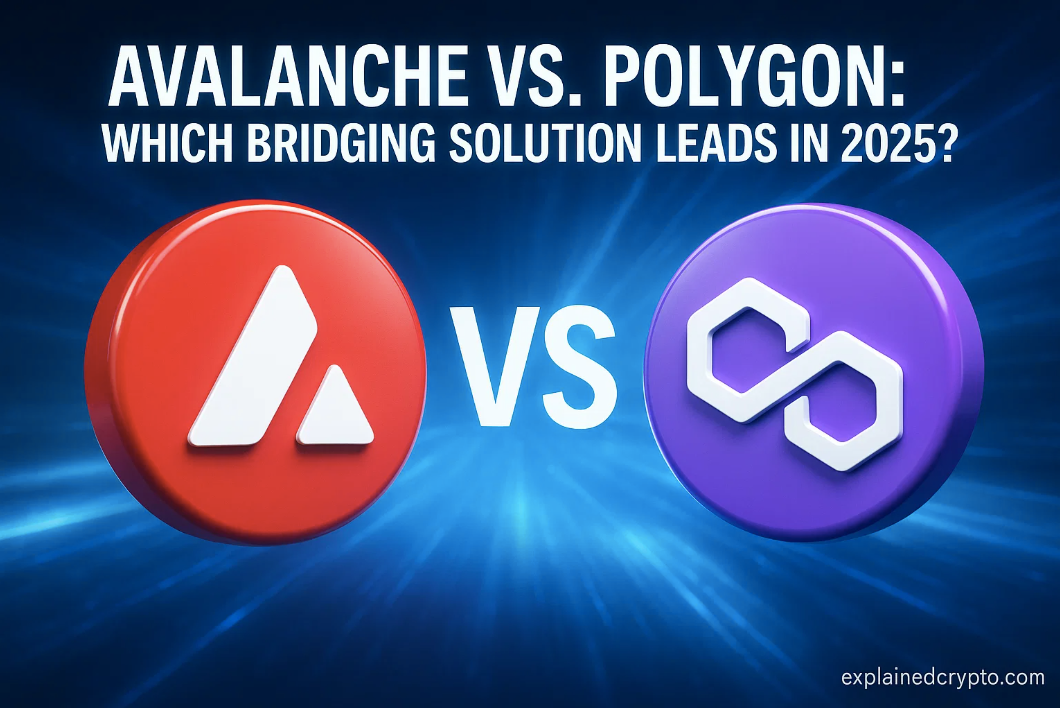In the world of blockchain, few innovations have had as much transformative potential as smart contracts. These self-executing agreements, written in code and stored on decentralized networks, eliminate the need for intermediaries while ensuring trust, transparency, and efficiency. As industries from finance to healthcare explore blockchain adoption, smart contracts have emerged as the critical infrastructure powering decentralized ecosystems.
This article explores the mechanics of smart contracts, their applications, benefits, risks, and the role they are set to play in reshaping global systems.
What Are Smart Contracts?
Smart contracts are automated digital agreements that execute once predefined conditions are met. First introduced by computer scientist Nick Szabo in the 1990s, the concept gained traction with the rise of Ethereum in 2015, which provided a programmable blockchain environment.
Unlike traditional contracts, smart contracts are immutable, transparent, and enforceable without third-party involvement.
How Smart Contracts Work: A Technical Breakdown
At their core, smart contracts follow a “if-this-then-that” logic. Once coded and deployed on a blockchain, they operate autonomously.
Key Components:
- Conditions (inputs): The rules written into the contract.
- Execution (code): Determines what happens when the conditions are met.
- Outcome (output): Automatic actions like transfers, data updates, or triggering other contracts.
| Aspect | Traditional Contract | Smart Contract |
|---|---|---|
| Enforcement | Courts, lawyers, regulators | Blockchain consensus |
| Speed | Days to weeks | Seconds to minutes |
| Transparency | Limited | Full public record on-chain |
| Cost | Legal + admin fees | Minimal transaction fees |
Real-World Use Cases of Smart Contracts
The versatility of smart contracts is evident in their broad adoption across industries:
1. Decentralized Finance (DeFi)
Protocols like Uniswap and Aave rely on smart contracts to automate lending, borrowing, and trading without banks.
2. Supply Chain Management
Companies use blockchain-based contracts to track goods, verify authenticity, and ensure compliance across logistics networks.
3. Healthcare & Insurance
Smart contracts manage patient consent, automate insurance claims, and reduce fraud.
4. Real Estate & Legal Tech
Tokenized property transactions and digital escrow services are already streamlining paperwork-heavy industries.
5. NFTs & Gaming
Smart contracts power NFT minting, royalties, and in-game economies, fueling Web3 entertainment.
Advantages: Why Businesses Embrace Smart Contracts
- Automation: Reduces human intervention and errors.
- Security: Immutable and cryptographically verified.
- Cost-efficiency: Cuts legal, banking, and administrative costs.
- Global reach: Cross-border transactions without intermediaries.
Challenges and Risks
Despite their potential, smart contracts face hurdles:
- Code Vulnerabilities – Bugs and exploits (e.g., the 2016 DAO hack) can cost millions.
- Scalability Issues – High demand strains networks, causing high fees and delays.
- Legal Uncertainty – Regulators still debate enforceability across jurisdictions.
- Complexity – Writing and auditing contracts requires advanced coding skills.
The Future of Smart Contracts
Looking ahead, smart contracts are likely to evolve in three key ways:
- Interoperability: Cross-chain smart contracts will connect isolated blockchains.
- AI Integration: AI agents could deploy and manage adaptive contracts.
- Institutional Adoption: Governments and enterprises will integrate blockchain into legal, financial, and governance systems.
The convergence of blockchain, AI, and IoT could push smart contracts into mainstream infrastructure within the next decade.
Also Read: Ethereum Explained: Smart Contracts & DeFi
Conclusion: Smart Contracts as a Catalyst for Decentralization
Smart contracts are not just a blockchain feature — they are the foundation of decentralized trust. By automating agreements and enabling new forms of digital interaction, they are set to disrupt industries, cut costs, and unlock entirely new economic models.
As adoption grows, challenges around regulation, security, and scalability will remain, but the trajectory is clear: smart contracts are the future of digital agreements.
Disclaimer: The information in this article is for general purposes only and does not constitute financial advice. The author’s views are personal and may not reflect the views of explainedcrypto.com. Before making any investment decisions, you should always conduct your own research. explainedcrypto.com is not responsible for any financial losses.





